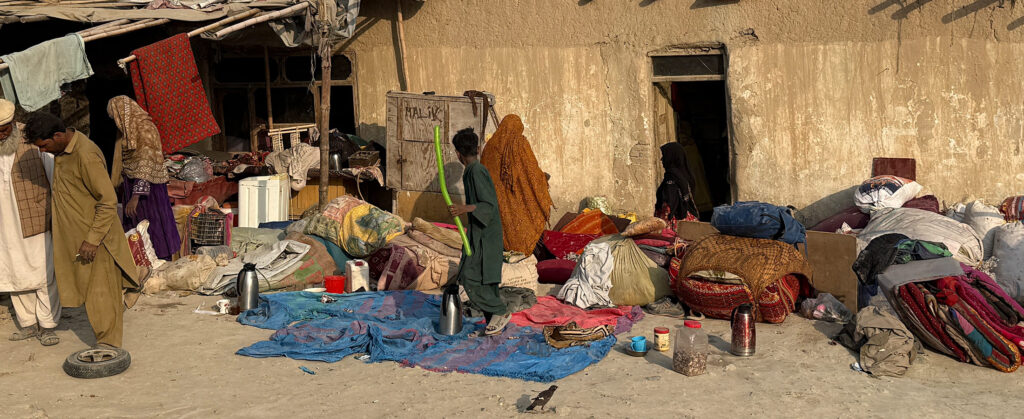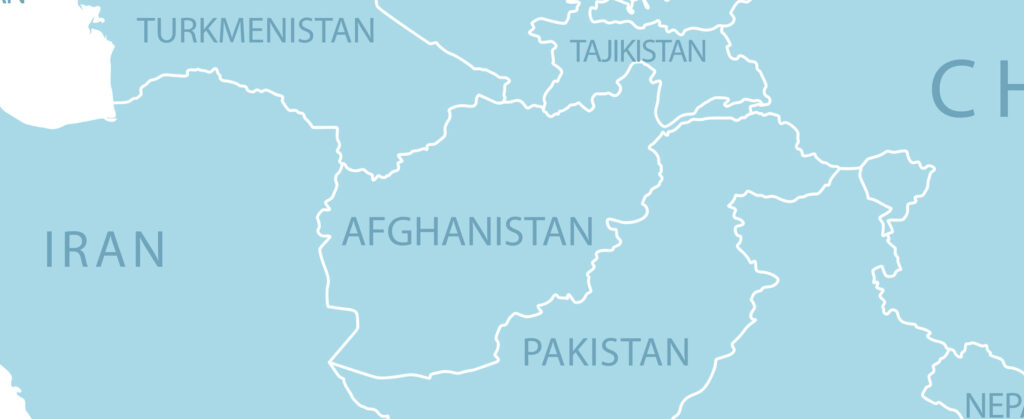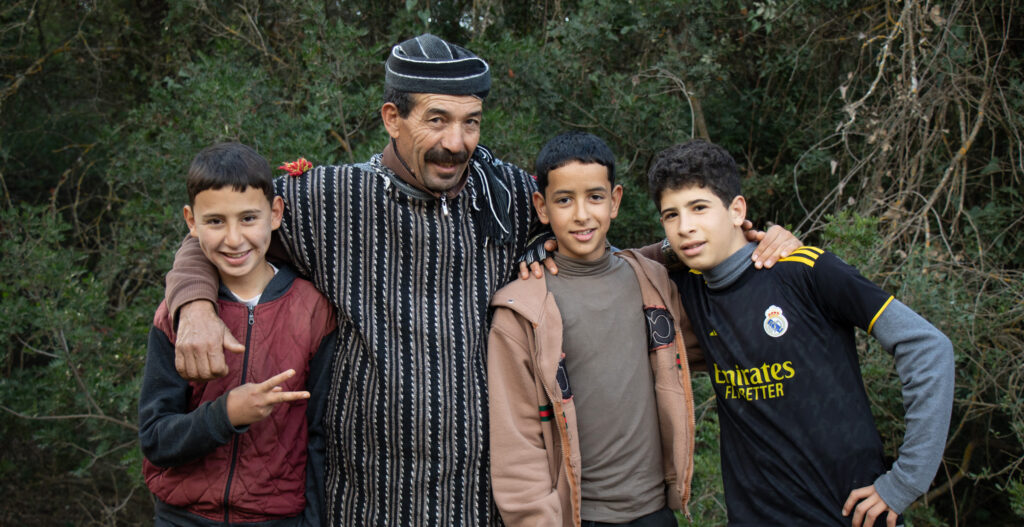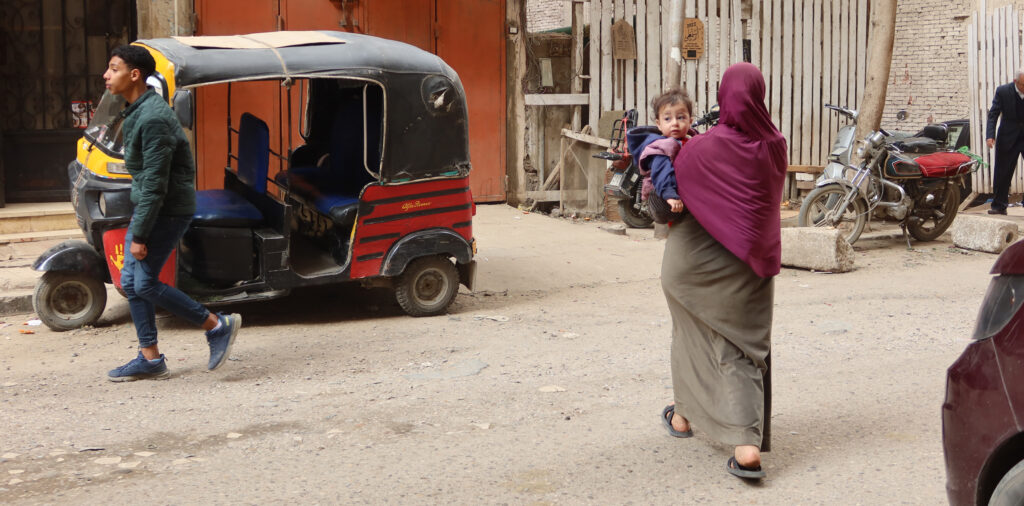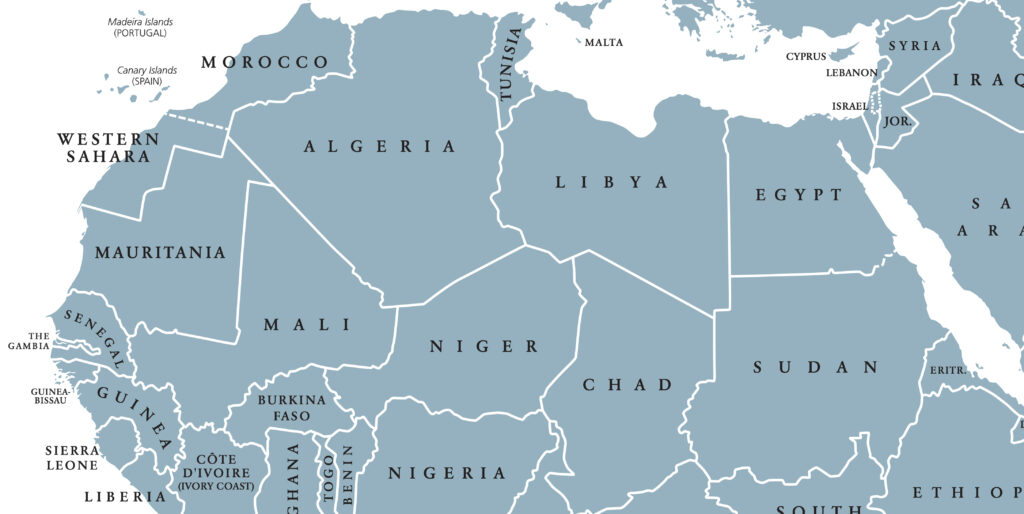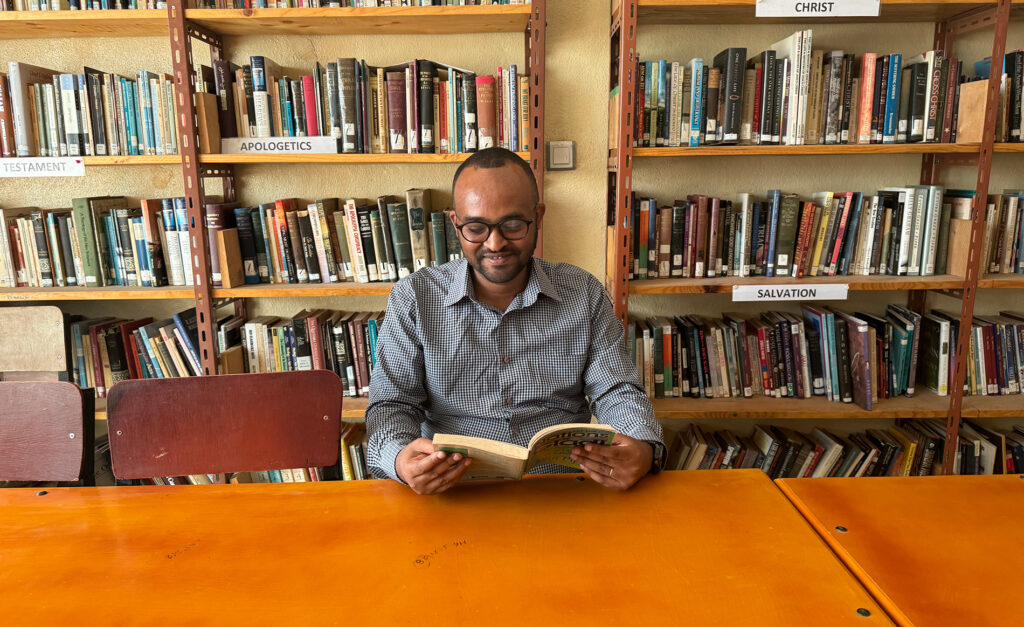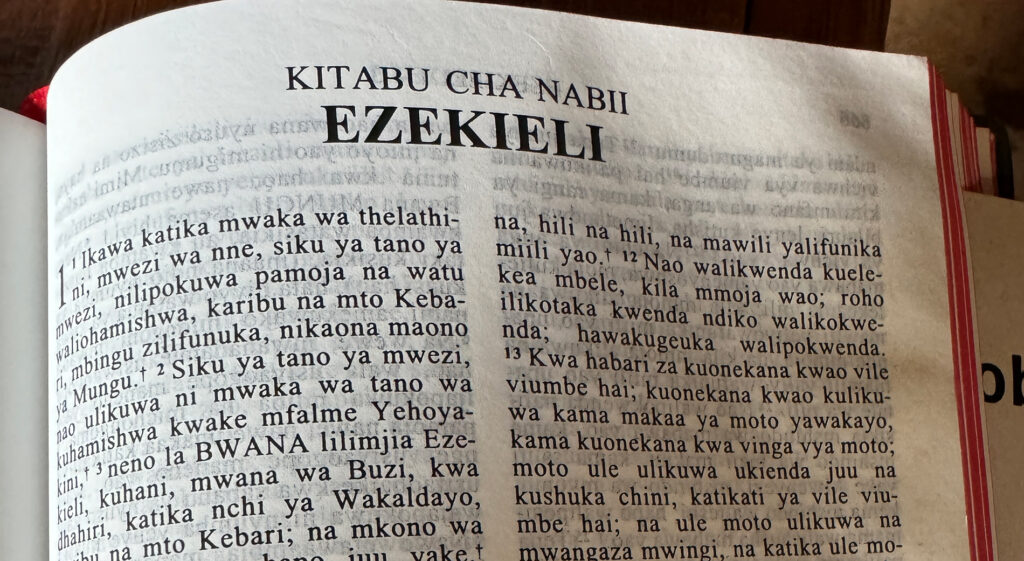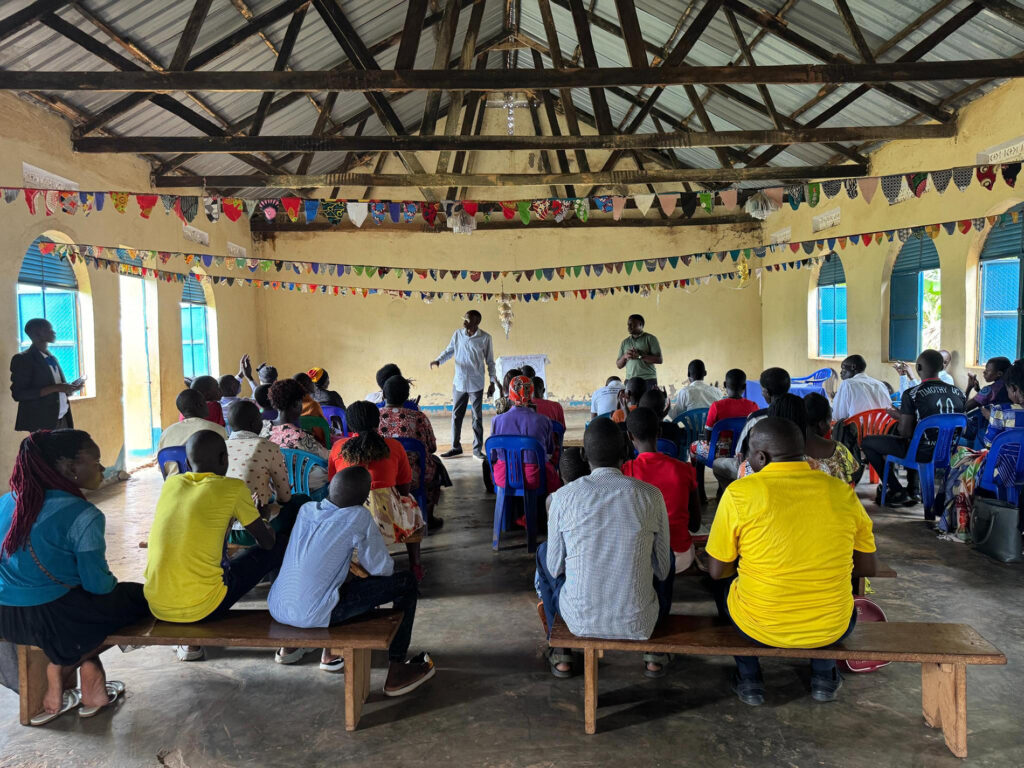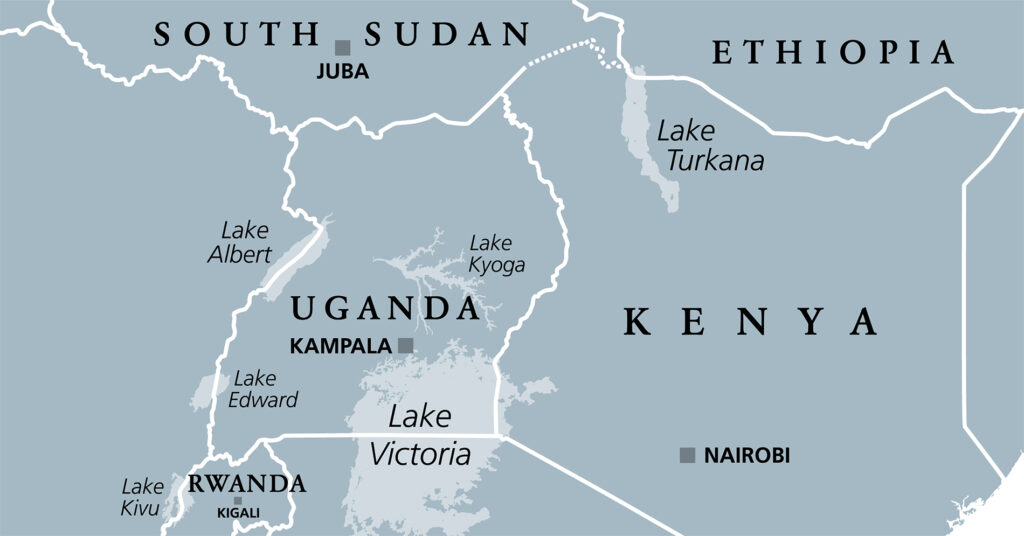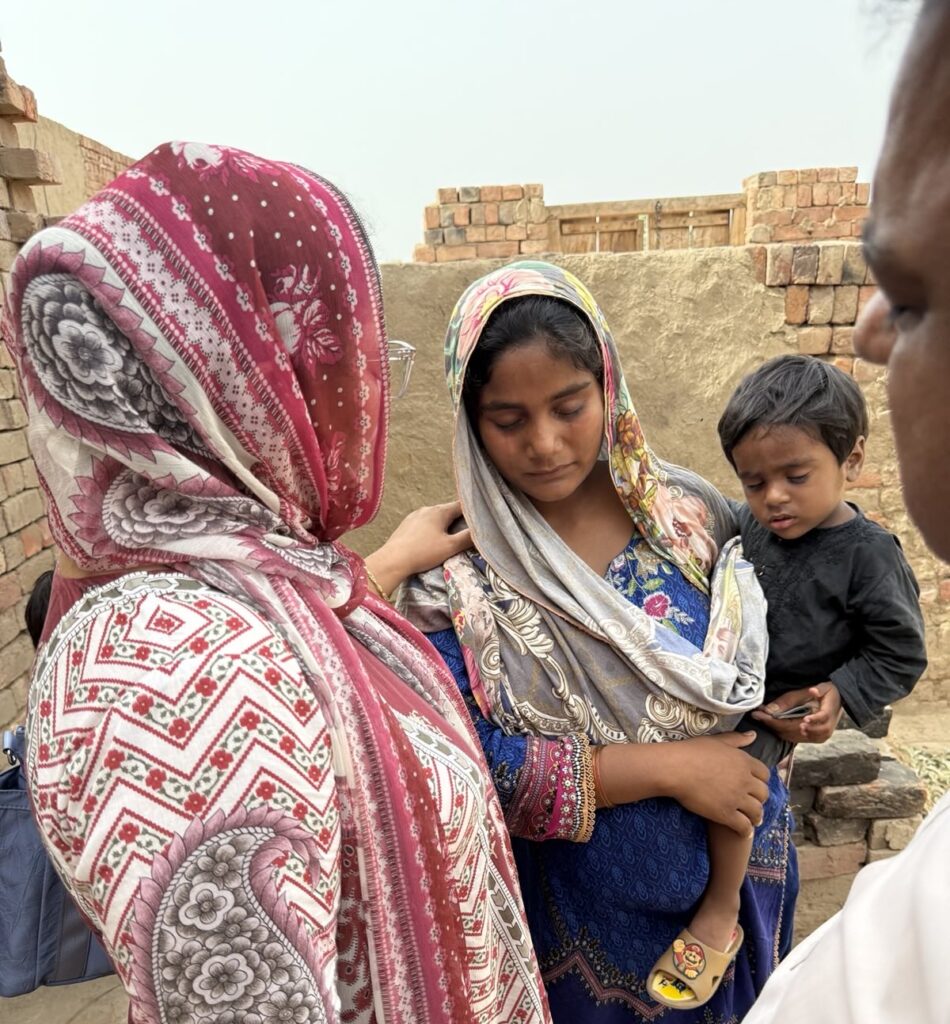NEW DELHI, January 3, 2024 (Morning Star News) – A pastor in Sri Lanka was granted bail on Wednesday (Jan. 3) after being jailed since Dec. 1 on a charge of “outraging the religious feelings” for comments in a sermon that appeared online, sources said.
Authorities arrested Pastor Jerome Fernando, senior overseer of The Glorious Church in Colombo, after a court had ordered officials to abstain from arresting him. He was reportedly released on a cash bail of 500,000 rupees (US$1,540) and two personal bails of 10 million rupees (US$30,810) each and banned from leaving the country.
A Christian leader in Sri Lanka said many churches issued statements standing in solidarity with Pastor Fernando and demanding his release.
“We stand in solidarity, because today it is he, tomorrow it could be us as well,” the leader said on condition of anonymity.
He asserted that authorities and religious leaders are gradually turning attitudes of Sri Lankans against the Christian community.
“Things are happening slowly, and we don’t know what is going to happen in the long run,” he said. “The unfortunate part is that the church is not ready for such an assault.”
The National Christian Evangelical Alliance of Sri Lanka (NCEASL) on Dec. 2 expressed grave concern over increasing intolerance and violations of freedom of expression in a press statement on the pastor’s arrest.
In the charges against Pastor Fernando, Sri Lanka authorities had stated that his actions violated Sri Lanka’s International Covenant on Civic and Political Rights Act, which is based on an ICCPR agreement that is designed to protect rights rather than be used to restrict them.
Authorities arrested the pastor based in part on Section 3(1) of Sri Lanka’s ICCPR Act 56 of 2007, which states, “No person shall propagate war or advocate national, racial or religious hatred that constitutes incitement to discrimination, hostility or violence.”
The NCEASL statement said officials had used Section 3(1) of the ICCPR Act without thoroughly assessing if “expressions truly incite violence or discrimination.”
“The ICCPR Act has often been invoked to protect religions or beliefs against criticism or perceived insult, rather than prioritizing the protection of human rights and shielding vulnerable groups from incitement to violence,” the group stated.
The NCEASL appealed to authorities to withdraw charges against Pastor Fernando and urged them to promote an amicable environment where individuals have the freedom of expression befitting a democracy.
Pastor Fernando was charged with “outraging the religious feelings of any class of persons” under Section 291B of Penal Code and under Section 3(1) of the ICCPR Act 56 of 2007.
Controversial Video
A video of Pastor Fernando’s Sunday sermon of April 30 went viral on social media in May, prompting accusations that in his message he had offended religious sentiments of the Buddhist, Hindu and Islamic communities.
Some media outlets stated that the pastor said in his sermon that Buddha had been “looking for Jesus,” which led to the uproar among Buddhists.
In mid-May, Sri Lanka President Ranil Wickremesinghe ordered the Central Intelligence Department (CID) to launch immediate investigation into the complaints. Wickremesinghe reportedly pointed out to Advisor on National Security Sagala Ratnayake that such statements could kindle religious conflicts.
The New Buddhist Front (Nawa Bikshu Peramuna) and the Pivithuru Hela Urumaya (PHU) filed a complaint with the CID seeking Pastor Fernando’s arrest. A group including Buddhist leader Elle Gunawansa Thero and several others filed a petition requesting that the Supreme Court take legal action against Pastor Fernando and order the Inspector General of Police (IGP) to arrest him.
Pastor Fernando filed a petition in the Supreme Court on May 26 seeking prevention of his arrest, saying was advised that his sermon did not constitute any offense. He further noted that Article 10 of the Sri Lanka constitution guarantees “freedom of thought, conscience, and religion.”
In his petition, he also apologized to Buddhist, Hindu and Islamic clergy and all whose religious feelings may have been hurt, and later his parents on Aug. 18 apologized for his remarks.
Pastor Fernando and his family managed to flee the country two days before the Colombo Fort Magistrate’s Court ordered a ban on his foreign travel. In response to his departure, the Court of Appeal on Nov. 17 reportedly ordered the CID’s Cyber Crime Investigation Division to record Pastor Fernando’s statement within 48 hours of his return and ordered the CID to abstain from arresting him.
Fernando returned to the island country on Nov. 29 with the understanding that he would not be arrested, and on the following day he reported to the CID office to record his statement. Authorities told him to return the next day (Dec.1), and he was arrested a few hours after his arrival to the CID office.
Pastor Fernando was produced before the Colombo Fort Magistrate’s Court on the same day, and the court ordered his remand until Dec. 13, which was extended to Dec. 27, and on Dec. 27 it was further extended to Jan. 3.

